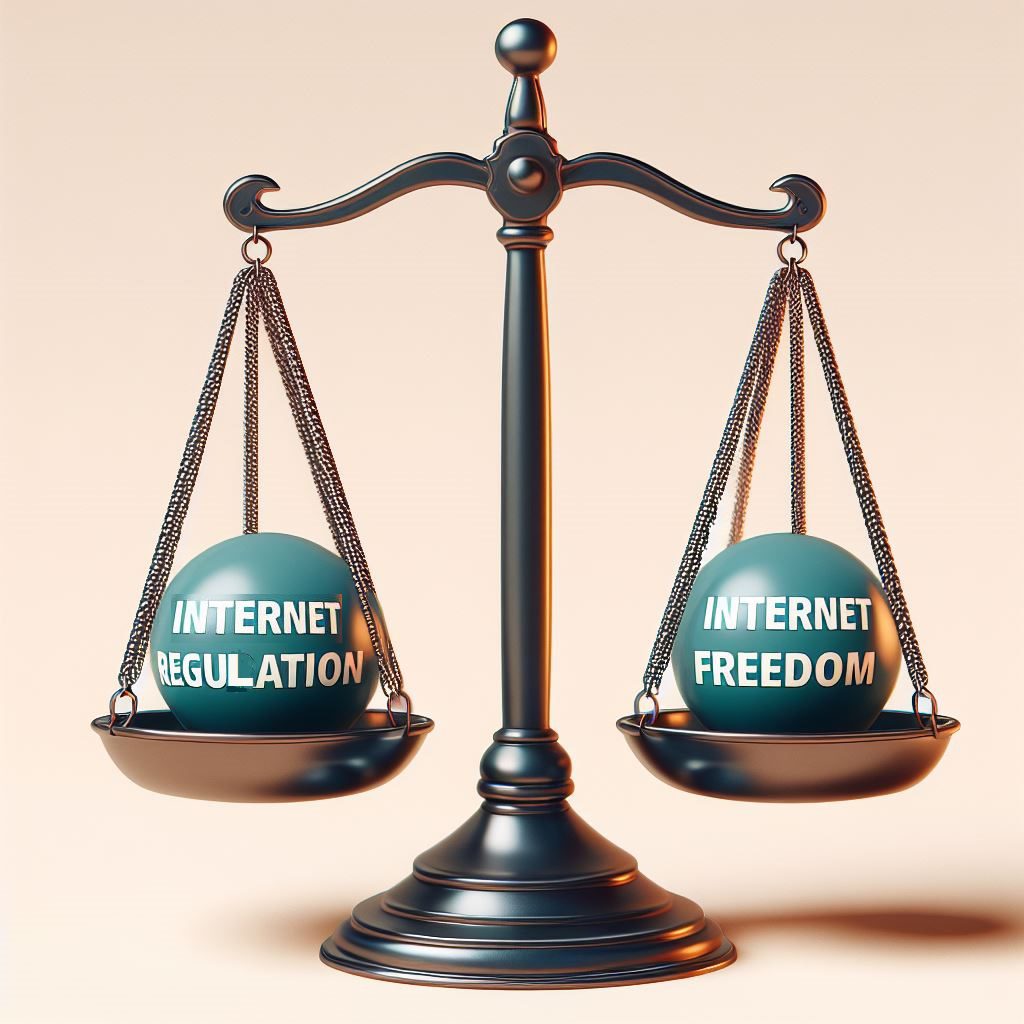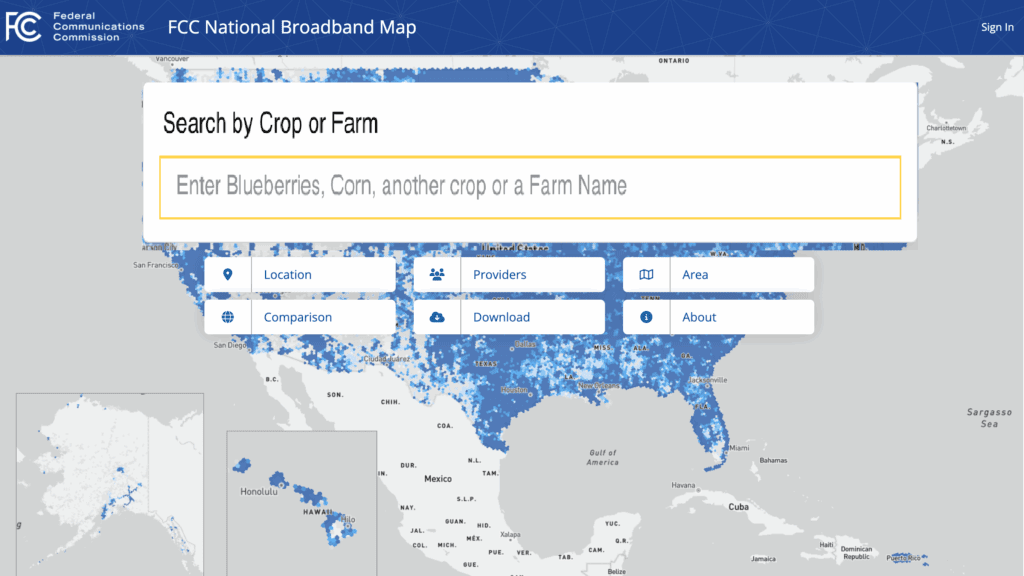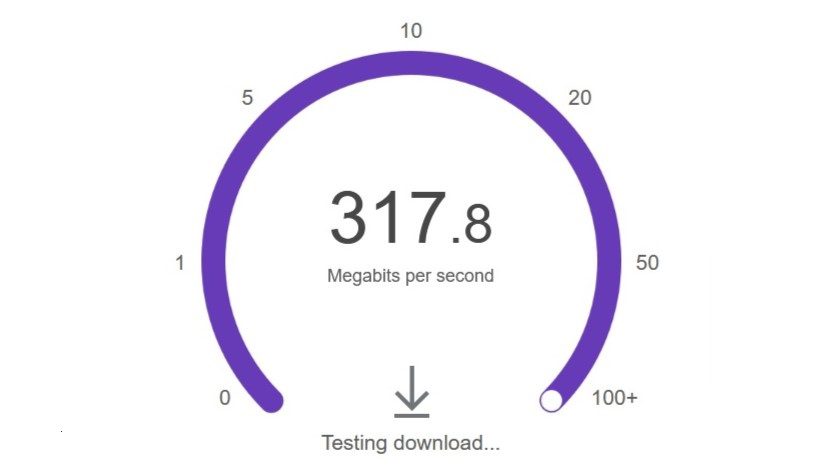Sixth Circuit Stays FCC’s Title II Order
Randy Sukow
|

A three-judge panel of the U.S. Court of Appeals for the Sixth Circuit in Cincinnati has indefinitely stayed the effects of the FCC’s recent order reinstating Title II regulation over the internet. “The broadband providers have shown that they are likely to succeed on the merits,” according to the text of the ruling. The action replaces a stay that had been in place through Aug. 5, which delayed the FCC’s original July 22 effective date.
FCC Chairwoman Jessica Rosenworcel immediately issued a statement: “The American public wants an internet that is fast, open, and fair. Today’s decision by the Sixth Circuit is a setback but we will not give up the fight for net neutrality.”
The ultimate fate of the Title II order could have affects on future broadband investment, the oversight of the universal service fund (assuming USF survives the current challenge of its constitutionality in the Fifth Circuit) and the power Big Tech companies currently have over internet traffic.
The ruling, unless reversed by a Sixth Circuit en banc panel, means that new rules replacing light, “information service” regulation on broadband internet providers with heavier regulation from the extensive Title II telecommunications code might never go into effect. The FCC must show that it has the legal authority to impose the rules and that they are in the public interest. The FCC in recent months has pushed to have the Title II case moved to Court of Appeals for the District of Columbia Circuit and to deny a petition to for stay by the broadband organization opposing the order. The Commission has now lost on both questions.
“These policies were court tested and approved,” Rosenworcel said In April, when the Commission adopted the rules by a partisan 3-2 vote, citing a 2015 order Title II order (later repealed) that the DC Circuit upheld in 2016. However, the Sixth Circuit considered issues that did not exist in 2016 before deciding on the stay, most notably the recent Supreme Court decision overturning the Chevron doctrine and the growing strength of the “major questions” doctrine.
The Sixth Circuit found that the Title II order “likely” does qualify as a “major question” and that Congress has never given the FCC authority to classify internet communications as a Title II common carrier service. Therefore, it ruled that the ISPs’ case likely would win on the merits.
The court also found that the ISPs could suffer “irreparable injury” due to “delays in product rollouts and disadvantages in negotiating interconnection agreements” resulting from the order. Finally, the court found the stay to be in the public interest, which “generally ‘lies in a correct application’ of law, and the Commission’s action likely exceeds its legal authority.”


